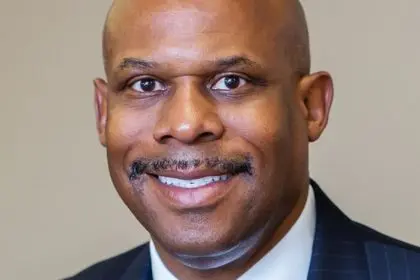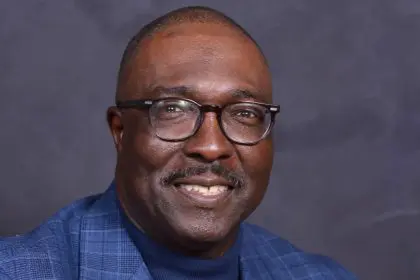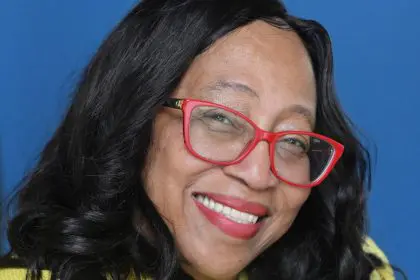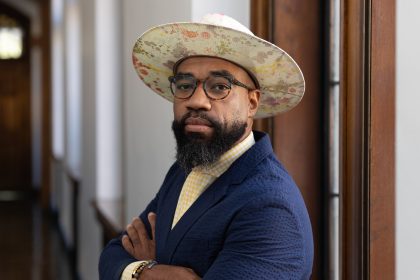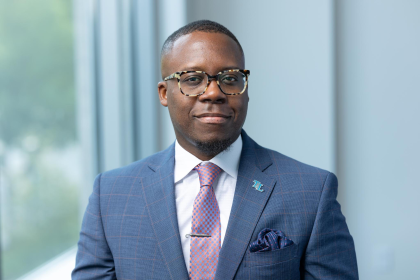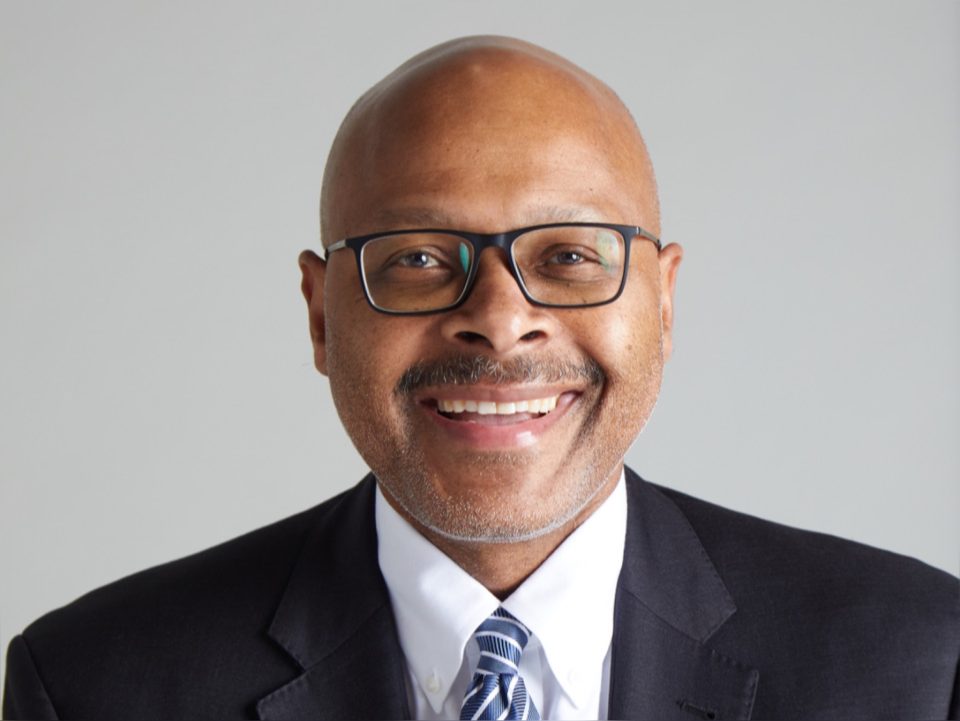
Maurice Jones was appointed CEO of OneTen in March 2021. OneTen is a coalition of leading chief executives and their companies who are coming together to train, hire and promote one million Black Americans over the next 10 years who do not yet have a four-year degree into family-sustaining jobs with opportunities for advancement.
When did you first aspire to become a CEO?
I think it was probably when I was practicing law. I went to law school and right out I was a corporate lawyer. I was [part of] a big law firm in Richmond, Virginia. In that role, I was providing counsel to corporate executives and helping them to consummate transactions. What I was seeing was they were having more fun than I was and that the actual business side of most of the transactions that I was working on seemed to have a lot of strategy by the leadership, and a lot more fun than drafting the documents and technical stuff that I was doing. I think that was the beginning of my thinking [that] I wanted to learn as much as I could about this business from the legal perspective, and then hopefully, transition to being one of those executives to actually being the leader of an organization. I saw very early on that there were very few people that looked like me who are running organizations, either in the nonprofit space or the for-profit space. For me, that was just plain wrong. My view was we needed to be in every space and every job out there, including the CEO job, and those were the beginnings of my aspirations to lead an organization, to lead people.
What is the function of a board of directors?
When the board is functioning at its highest level, a board is providing strategic advice, providing strategic counsel, helping to approve budgets. So helping to say, “Yes, this is how this organization is going to spend this money. Yes, this will be the priorities of this organization. Yes, here are the values that we’re attempting to advance.”
Why is it important for boards to have Black members?
We need to be in the boardroom. There is no question about it, and ultimately, the board hires and fires the CEO, which is the leader of the enterprise. The board is an indispensable partner that shapes an organization’s values, priorities, and its culture. We need Black talent in that boardroom and at the tables of the committees that make up those boards, helping to make decisions because they are crucial for our communities and the opportunities and trajectory of the economy. You can’t underestimate the role of boards.

